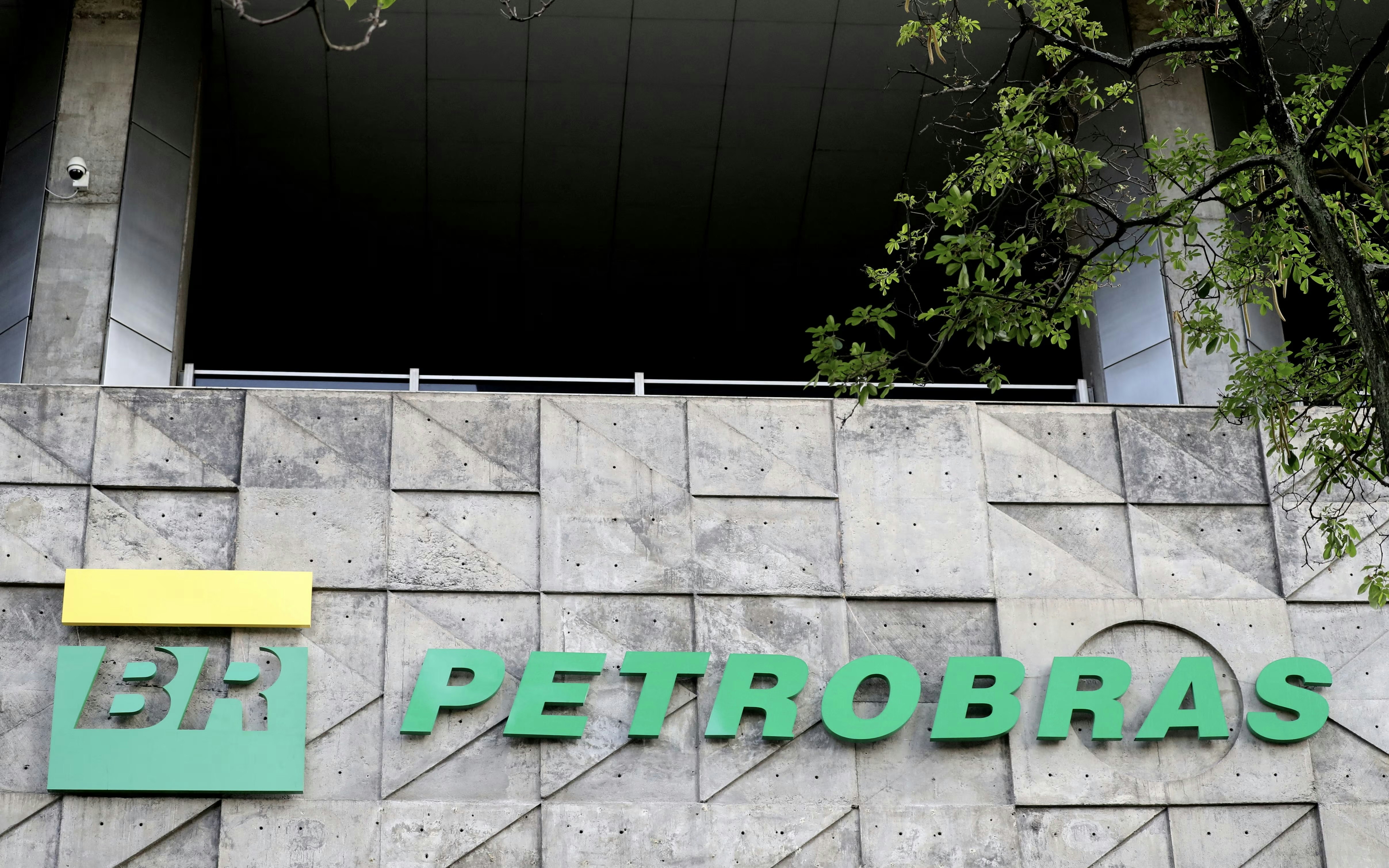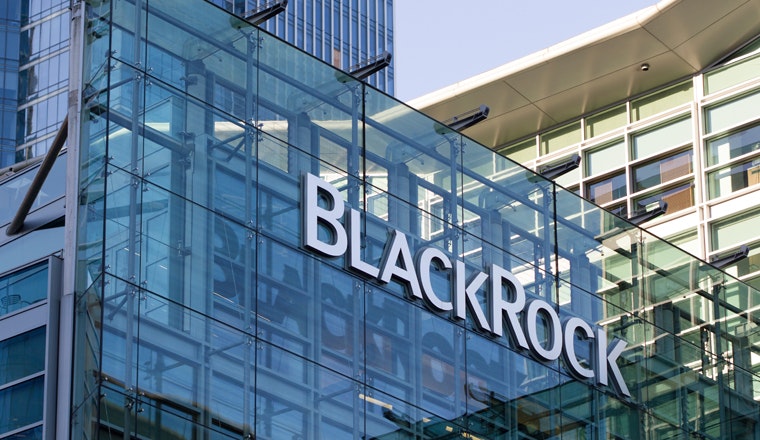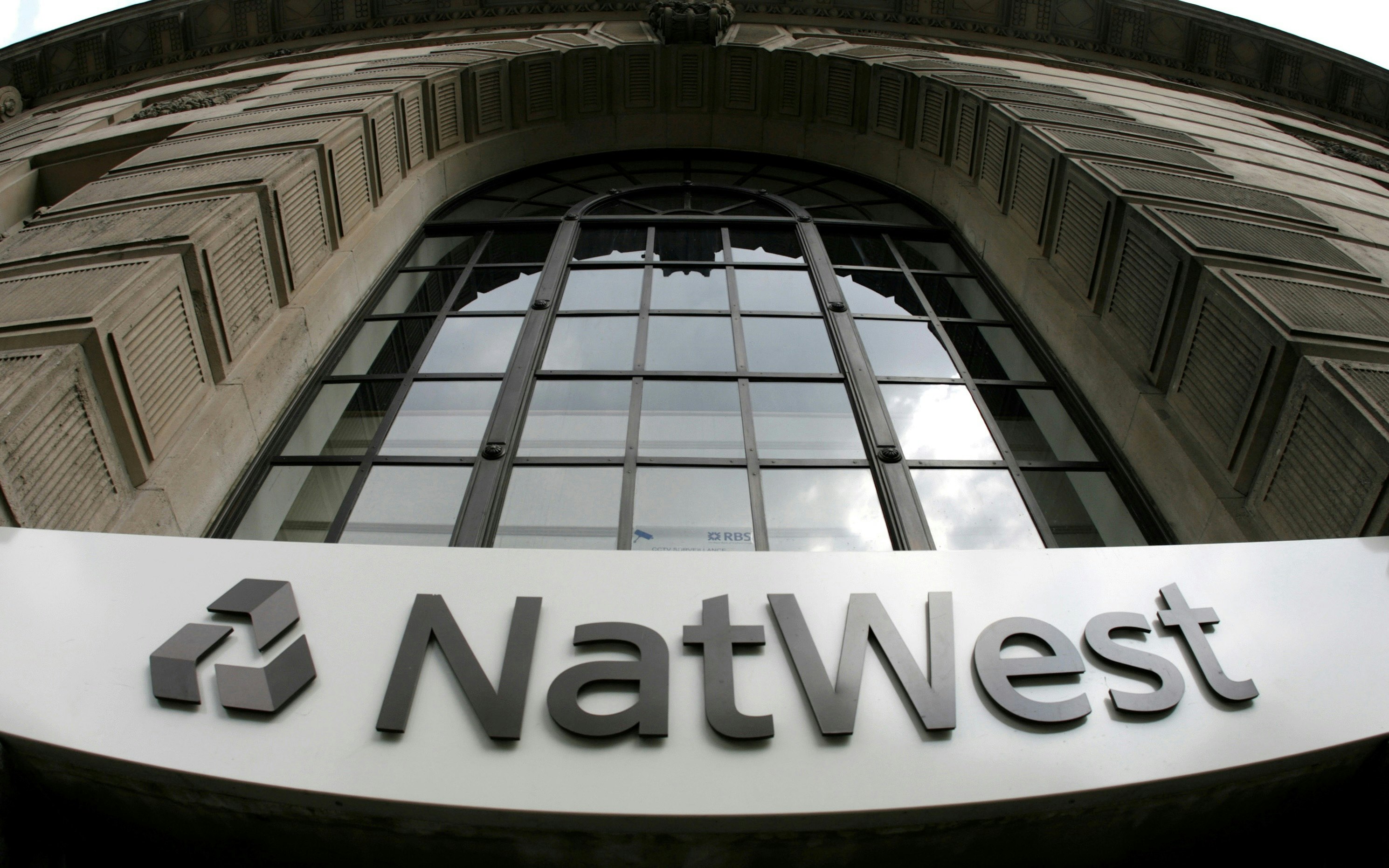The practice of documenting dismissals on social media is becoming increasingly popular, especially among younger employees like Gen Z.
On TikTok, there are now over 32,000 posts under the hashtag "layoffs." These videos, often with emotional stories and blunt criticism of former employers, present new challenges for companies. According to Katherine Loranger, Chief People Officer at Safeguard Global, the young generation uses social media to denounce "toxic workplaces, poor management, or unfair treatment" and draw attention to grievances.
Cierra Desmaratti, former Deloitte employee, reached over 71,000 views with her resignation video. She described a work environment she found "intimidating" and that didn't suit her personality. Although she claims not to hold a grudge, she expresses that such public contributions could "put more pressure on companies" to treat employees more fairly.
At the same time, career advisor Margaret Buj warns of the potential risks of such videos: "Sharing resignation experiences on social media could deter future employers, as they fear confidential information might be released." Especially in the tech industry, where many of these videos originate, such public statements could be seen as a career risk.
The legal framework varies greatly. In the UK, dismissals must be accompanied by consultations, whereas in the US, the rules vary by state. Lawyers point out that companies have little legal recourse if dismissed employees release sensitive content – data protection law could, however, be a starting point.
For companies like Deloitte, Google, or Meta, which are frequently mentioned in videos, these publications could increase public pressure to deal with layoffs more fairly and transparently. Deloitte emphasized to the press that out of respect for privacy, they do not comment on individual cases.
The trend of making resignations viral reflects a deeper shift in work culture. While it generates short-term solidarity and attention, it remains unclear how sustainable the impacts on corporate policies and individual careers will be. "Faces like mine are out there, visible and brave. We are not numbers that can simply be discarded," said Desmaratti in her video, thereby making a point in the ongoing debate about power dynamics in the workplace.







